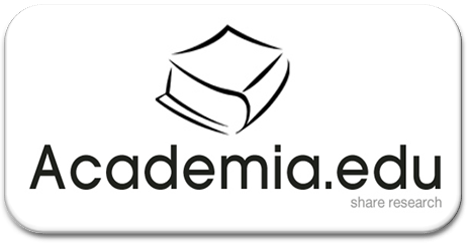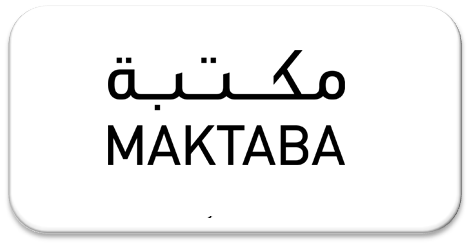Remaja Menjadi Homoseksual di Keluarahan Mangga Kecamatan Medan Tuntungan Kota Medan
Abstract
Keywords
Full Text:
PDFReferences
Kartono, kartini. (2008). Patologi Sosial: Kenakalan Remaja. Rajagrafindo persada, jakarta
Simatupang nursariani, faisal. (2017). Kriminologi (Suatu Pengantar). Pustaka prima, medan [e-book], (https://scholar.google.co.id/citations?view_op=view_citation&hl=id&user=xva5wa8aaaaj&citation_for_view=xva5wa8aaaaj:se3iqnhoufwc, diakses pada tanggal 08 januari 2023)
Soekanto, soerjono. (2007). Sosiologi suatu pengantar. Raja grafindo, bandung
Sugiyono. (2019). Metode Penelitian Kuantitatif, Kualitatif, dan r&d. Alfabeta, bandung
Syarbaini, syahrial, rusdiyanta. (2009). Dasar-dasar sosiologi. Graha ilmu, yogyakarta
Anwar, abidin achmad. (2017). Perillaku penyimpangan seksual dan upaya pencegahannya di kabupaten jombang. Jurnal sosial politik dan humaniora, vol. 01 nomor 07, (https://ejournal.iaida.ac.id, diakses pada tanggal 02 januari 2023).
Dewi, g. A. Y., indrawati, e. S. (2018). Pengalaman menjadi gay (studi fenomenologi pada pria homoseksual menuju coming out). Jurnal empati, vol. 06, nomor 03, (https://doi.org/10.14710/empati.2017.19740, diakses pada tanggal 28 juni 2023)
Marsela, r. D., supriatna, m. (2019). Konsep diri: definisi dan faktor. Journal of innovative counseling: theory, practice, and research, vol. 03, nomor 02, (https://www.journal.umtas.ac.id/index.php/innovative_counseling/article/download/567/297, diakses pada tanggal 28 juni 2023)
Pitoewas, berchah. (2018). Pengaruh lingkungan sosial dan sikap remaja dan perubahan tata nilai. Jurnal pancasila dan kewarganegaraan, vol. 03, nomor 01, (https://journal.umpo.ac.id/index.php/jpk/article/view/733, diakses pada tanggal 21 desember 2022)
Saputra, muhammad rizky wahyu, moch. Fuad nasvian. (2022). Self disclosure ca: pengungkapan identitas seksual seorang gay. Jurnal ilmiah ilmu pendidikan, vol. 05, nomor 06, (https://jiip.stkipyapisdompu.ac.id/jiip/index.php/jiip/article/view/679, diakses pada tanggal 08 januari 2023)
Sumut pos. (2012, maret 09 ). Medan kota banyak gay, medan baru banyak waria. Sumutpos.co. Diakses dari https://sumutpos.co/medan-kota-banyak-gay-medan-baru-ramai-waria/
DOI: https://doi.org/10.29103/jumasi.v1i1.12820
 Article Metrics
Article Metrics
 Abstract Views : 1054 times
Abstract Views : 1054 times
Refbacks
- There are currently no refbacks.
Copyright (c) 2024 Syahira Rizky

This work is licensed under a Creative Commons Attribution-NonCommercial 4.0 International License.
OFFICE:
Gedung Fakultas Ilmu Sosial dan Ilmu Politik Universitas Malikussaleh. Kampus Bukit Indah Jln. Sumatera No.8, Kec. Muara Satu Kota Lhokseumawe, Prov. Aceh, Indonesia. email: jumasi@unimal.ac.id
This work is licensed under a Creative Commons Attribution-NonCommercial-ShareAlike 4.0 International License





.png)






.png)









